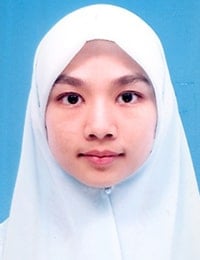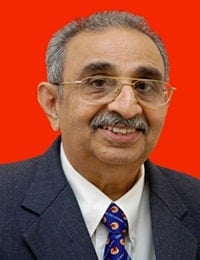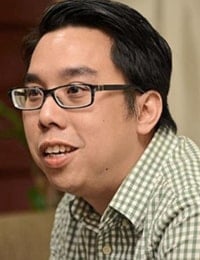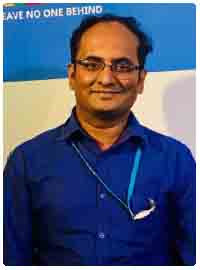Health equity has garnered much attention in recent years and yet there is little consensus on its evaluation. Equity is not the same as equality. To equalize opportunities, those with worse health and fewer resources need more efforts expended to improve their health. This intensive discussion is aimed at creating a powerful and inspiring vision of health equity and making a clear strategic commitment to reducing health disparities.
Panelists with diverse perspectives and backgrounds will share how to reduce inequitable access to healthcare, target critical barriers and disadvantaged communities, and encourage innovation and system transformation to enhance equity.
Panelists will present for approximately 10 minutes each, and there will be a Q&A session to follow.
On 10th July 2019
From 4.00PM – 5.30PM
(More details with panelists will be published soon)
Who should attend?
Professionals across all fields related to healthcare. Leading academicians, medical students, clinicians, public health professionals, health care specialists, health care workers, health economists, eminent researchers, scientists, health workers, policy makers, social workers and other related professionals are welcome to exchange their ideas and experiences.
Why you should attend?
This discussion puts forward five major health disparities objectives:
-
- Increasing awareness
- Strengthening and broadening inequitable access to healthcare,
- Improving health system experiences
- Improving barriers and disadvantaged communities
- Achieving global equity and evaluation.
Moderator
Prof. Dr. Rusli Bin Nordin
Head of School of Medicine
Faculty of Health and Medical Sciences
Taylor’s University
Malaysia
Panelist

Panelist
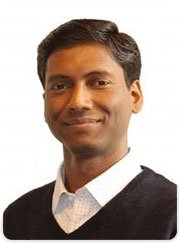
Health Research Institute
University of Limerick
Ireland
Panel Discussion on Tobacco Use and Tobacco Control

One of the biggest problems facing public health nowadays is tobacco use. Consequently, child and adolescent tobacco users are a group at risk for the negative health outcomes associated with tobacco use, including becoming regular users as adults. Health care settings provide an opportunity to reach children and adolescents who are at risk of initiating tobacco use as well as those who have already begun experimenting with, or are regular users of, tobacco products.
This intensive discussion, which will feature invited presentations and discussion, will address such topics as;
- Modern day tobacco use and progression
- Where do public opinion, science and regulation stand right now on tobacco? And how are they likely to evolve?
- The impact of state, federal, and employer programs to reduce tobacco use;
- The new role of the agencies in regulating tobacco products
- International perspectives towards tobacco control and prevention
This panel discussion will be conducted by the Ministry of Health Malaysia and the Panelists will discuss potential ways in which research could advance the prevention and control of tobacco-related health disparities as well as enhance the regulation of tobacco products.
Panelist
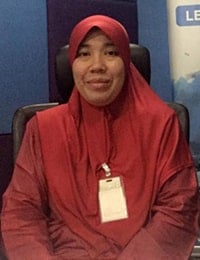
Dr. Noraryana Hassan (Bkt)
MBBS (Malaya), MPH Health Promotion (Unimas)
Public Health Specialist & Senior Principal Assistant Director
Fctc and Tobacco Control Unit,
Disease Control Division (NCD)
Ministry Of Health Malaysia,
Malaysia
Panelist
Prof. Datuk Dr. Lekhraj Rampal
(MBBS, MPH, DrPH, FAMM, FRSH, FAMS, FPHMM)
President, Malaysian Council for Tobacco Control
Malaysia.
Panelist
Dr. Amer Siddiq Amer Nordin
Associate Professor,
Consultant Psychiatrist & Smoking Cessation Specialist
University Malaya
Coordinator, Nicotine Addiction Research Group of UMCAS,
Malaysia
Panel Discussion on Improving the Quality of Maternal Health
In improving the quality of maternal health, reducing maternal mortality and achieving universal access to reproductive health are two most prominent targets of Sustainable Development Goals in the years to come. The reason, most women die during pregnancy or childbirth can be avoided as the necessary medical interventions exist and are well known. The key obstacle is pregnant women’s lack of access to quality care before, during and after childbirth.
According to World Health Organization Worldwide about 10% of pregnant women and 13% of women who have just given birth experience a mental disorder, primarily depression. In developing countries this is even higher, i.e. 15.6% during pregnancy and 19.8% after child birth. In severe cases mothers’ suffering might be so severe that they may even commit suicide. In addition, the affected mothers cannot function properly. As a result, the children’s growth and development may be negatively affected as well. Maternal mental disorders are treatable. Effective interventions can be delivered even by well-trained non-specialist health providers.
This in-depth discussion is aimed at addressing the ways of reducing maternal mortality and improvements in maternal health for all women, in all countries, under all circumstances.
By participating this panel discussion you can,
- Hear from national and international maternal health experts on the latest ideas and progress in reducing mortality in developing countries
- Network with other health professionals including physicians, nurses, healthcare and community practitioners, researchers, and policy-makers
- Learn of current and emerging concepts to apply to your clinical practice and future research directions.

On 12th July 2019
From 1.30PM – 2.30PM
Moderator
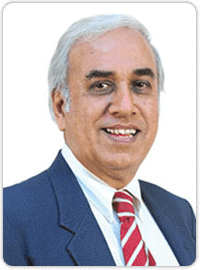
Prof. Dr. Hematram Yadav
Department of Community Medicine
MAHSA University
Malaysia
Panelist

Dr. Dechenla Tsering
Professor and Head of the Department
Department of Community Medicine
Sikkim Manipal Institute of Medical Sciences
India

